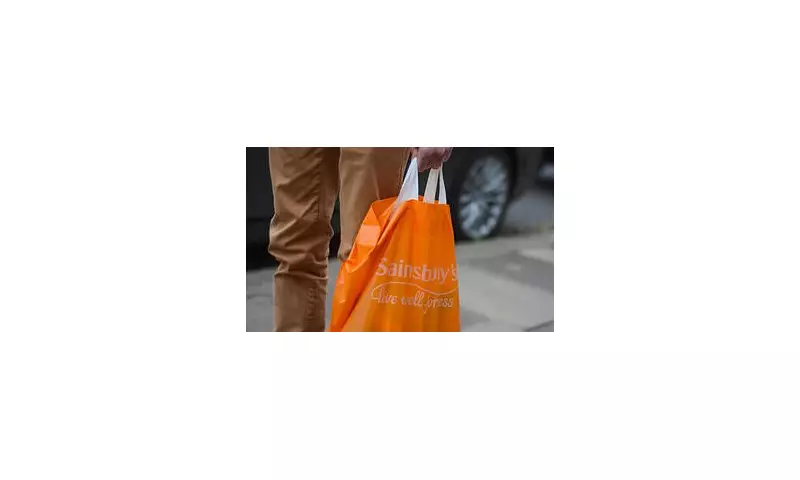
In a startling environmental setback, the number of single-use plastic bags sold by major retailers in England has risen for the first time since the landmark 5p charge was introduced a decade ago. The surge, a 7% increase year-on-year, is being squarely blamed on the boom in online supermarket deliveries.
New figures released by the Department for Environment, Food and Rural Affairs (Defra) show that 133 bags per person were sold in 2022-23, up from 124 the previous year. This marks the first increase since the levy was implemented in 2015, a policy that had been hailed a major success after it led to a 98% drop in plastic bag use from the 'big seven' supermarkets.
The Online Shopping Loophole
The report identifies a critical loophole: the rules for online grocery deliveries are not as stringent. While in-store shoppers are charged for each new bag, online orders often arrive with multiple, brand-new plastic bags with no option for customers to refuse them or use their own.
"The rise in numbers... can be explained by the increasing number of transactions made online," the government report stated, highlighting how the shift in consumer habits is undermining the policy's success.
Environmental Campaigners Sound the Alarm
Environmental groups have expressed deep concern over the data. Megan Randles, Political Campaigner for Greenpeace UK, called the figures "disappointing" and urged the government to strengthen the regulations.
"This is a glaring loophole that needs to be closed," she said. "The government must ensure that the charge is applied equally to online deliveries and increase the minimum charge to at least 10p. Ultimately, we need to be moving towards a system of reuse and refill."
A Decade of Progress Under Threat?
Since its introduction in 2015, the 5p charge has been undeniably effective. It drastically cut plastic bag use from main retailers from 7.6 billion annually to a low of just 197 million. The charge was also increased to 10p in 2021 and extended to all businesses.
The funds raised, totalling over £200 million, have been donated to good causes, including charities and community groups. However, this recent reversal suggests that without adapting to new retail trends, the hard-won gains against plastic pollution could be eroded.
The data serves as a stark reminder that well-intentioned environmental policies must evolve alongside consumer behaviour to remain effective.





